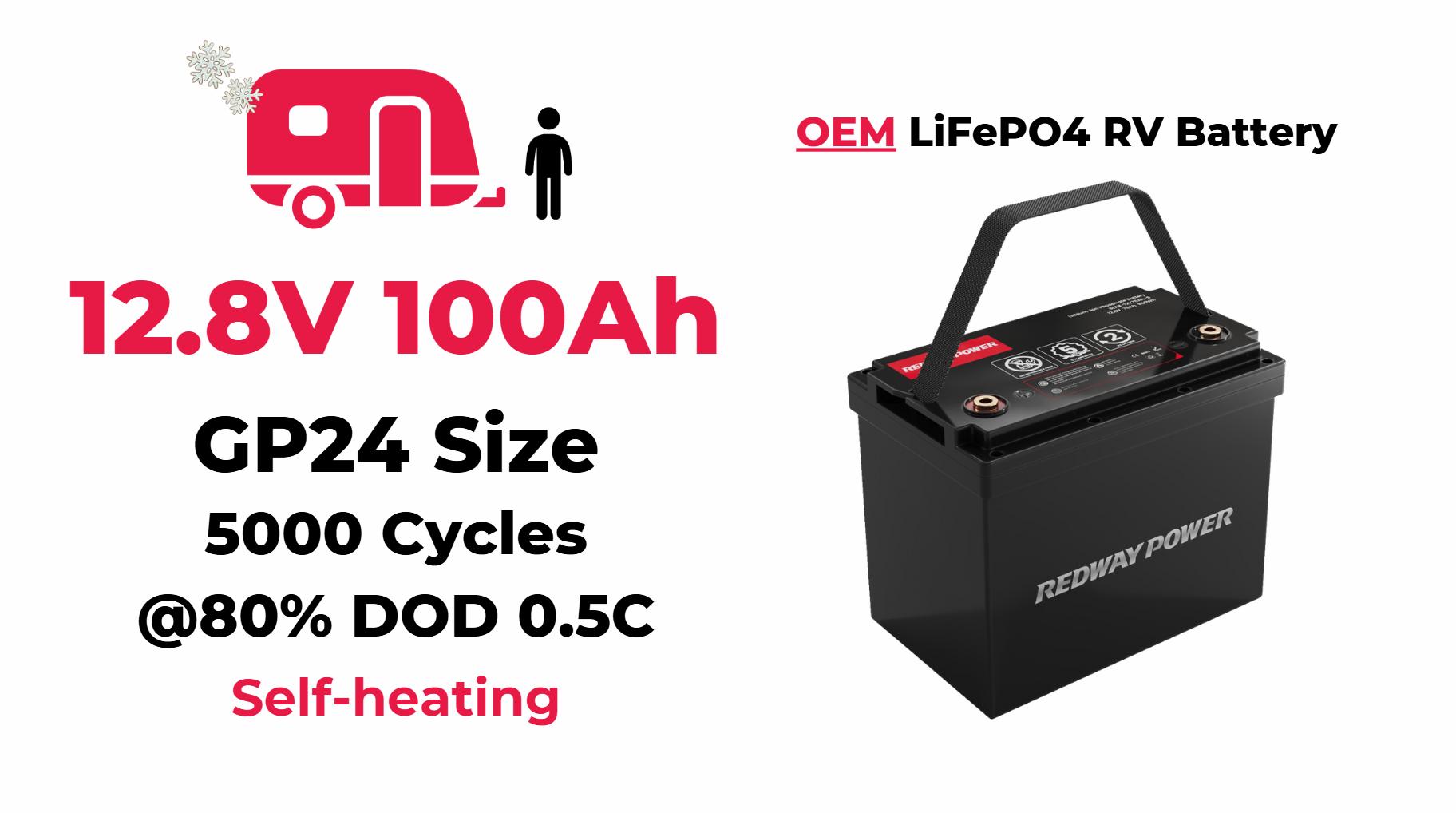
What Are the Technical Specifications and Features of LiFePO4 Batteries?
LiFePO4 batteries, or lithium iron phosphate batteries, are advanced rechargeable power sources prized for safety, long cycle life, and stable performance. With a nominal cell voltage of 3.2V, energy density of 90–160 Wh/kg, and operating range of -20°C to 75°C, they deliver reliable energy across industries. Their eco-friendly design, rapid charging, and high usable capacity make them superior to traditional lead-acid options.
What Are the Core Technical Specifications of LiFePO4 Batteries?
LiFePO4 batteries feature a nominal voltage of 3.2V per cell, energy density between 90–160 Wh/kg, charge voltage up to 3.65V, and discharge limits near 2.5V. They operate effectively from -20°C to 75°C. These specifications ensure reliable, efficient, and safe energy delivery across industrial, residential, and automotive applications.
The voltage stability of LiFePO4 ensures steady output throughout most of the discharge cycle. Energy density may be lower than other lithium chemistries but remains sufficient for renewable energy and mobility applications. Their temperature tolerance broadens deployment across hot and cold climates, aligning with HeatedBattery’s mission of delivering reliable clean energy globally.
Table 1: Key Specifications of LiFePO4 Batteries
| Parameter | Value Range | Significance |
|---|---|---|
| Nominal Voltage | 3.2V per cell | Stable voltage output |
| Energy Density | 90–160 Wh/kg | Balanced efficiency & safety |
| Charge Voltage | 3.65V (max) | Safe charging control |
| Discharge Cut-off | ~2.5V | Prevents over-discharge damage |
| Operating Temperature | -20°C to 75°C | Broad environmental adaptability |
How Do LiFePO4 Batteries Ensure Safety in Use?
LiFePO4 batteries use iron phosphate chemistry, which minimizes thermal runaway and reduces risks of fire or explosion. Their stability, combined with integrated Battery Management Systems (BMS), makes them safer than cobalt-based lithium-ion chemistries. This safety advantage is why they are widely adopted in EVs, solar storage, and industrial systems.
Why Do LiFePO4 Batteries Last Longer Than Other Batteries?
LiFePO4 batteries last 2,000–7,000+ cycles due to their stable chemistry and resistance to degradation. In comparison, lead-acid batteries rarely exceed 500–1,000 cycles. This longevity lowers replacement costs and makes them ideal for solar storage, electric vehicles, and forklifts where long-term performance is critical.
What Makes LiFePO4 Batteries Environmentally Friendly?
LiFePO4 batteries avoid toxic heavy metals like cobalt and nickel, making them safer for recycling and disposal. Their long cycle life reduces waste, while high efficiency supports sustainable energy systems. Combined with renewable charging sources, they significantly lower environmental impact compared to lead-acid and cobalt-based lithium-ion batteries.
Which Applications Benefit the Most from LiFePO4 Batteries?
Applications include electric vehicles, forklifts, solar and wind storage, marine systems, RVs, telecom backup, and portable power. Their high usable capacity, rapid charging, and safety profile make them versatile across industries. HeatedBattery specializes in tailoring LiFePO4 solutions for both industrial and residential markets.
How Efficient Are LiFePO4 Batteries Compared to Lead-Acid?
LiFePO4 batteries offer up to 95% charge/discharge efficiency versus 70–85% for lead-acid. They also provide consistent voltage during discharge, ensuring devices and systems receive stable power. High round-trip efficiency makes them particularly valuable in solar energy storage and electric vehicle applications.
Chart 1: Efficiency Comparison – LiFePO4 vs Lead-Acid
(A bar chart showing LiFePO4 at ~95% efficiency vs Lead-Acid at ~75%)
Can LiFePO4 Batteries Handle High Power Demands?
Yes. LiFePO4 batteries provide high discharge rates, making them capable of delivering strong bursts of current for electric vehicles, tools, and forklifts. Their ability to sustain peak loads without rapid degradation ensures both performance and reliability in demanding applications.
Are LiFePO4 Batteries Suitable for Extreme Temperatures?
LiFePO4 batteries perform reliably from -20°C to 75°C. Their cold-weather tolerance allows use in outdoor energy storage and vehicles, while heat resistance makes them stable in industrial or desert climates. HeatedBattery’s engineered thermal management solutions further extend usability in extreme conditions.
How Does the Low Self-Discharge Rate Improve Storage?
With a self-discharge rate of only 2–3% per month, LiFePO4 batteries retain energy far longer than lead-acid. This feature makes them ideal for backup systems, seasonal vehicles, and off-grid storage where long idle times are common.
HeatedBattery Expert Views
“At HeatedBattery, we see LiFePO4 technology as the cornerstone of next-generation energy storage. Its blend of safety, durability, and environmental benefits enables sustainable adoption across residential, commercial, and industrial applications. With our integrated supply chain and focus on innovation, HeatedBattery ensures customers receive not just batteries, but long-term, reliable energy solutions.”
Conclusion
LiFePO4 batteries combine safety, longevity, efficiency, and eco-friendliness, making them the preferred choice for energy storage and mobility. Their superior performance over lead-acid and other lithium chemistries ensures they remain central to clean energy transitions. HeatedBattery continues to lead innovation in this space, delivering tailored LiFePO4 solutions for global customers.
FAQs
Are LiFePO4 batteries better than lithium-ion?
Yes. LiFePO4 is a lithium-ion chemistry but offers superior safety, cycle life, and stability, making it better for long-term applications.
Can LiFePO4 batteries replace lead-acid directly?
In many systems, yes. LiFePO4 batteries match lead-acid voltages, offer higher usable capacity, and are lighter, but compatibility should be confirmed.
Do LiFePO4 batteries need maintenance?
No. Unlike lead-acid, they do not require watering or equalization, only proper charging management.
How fast can LiFePO4 batteries charge?
They can charge up to 1C rates, much faster than lead-acid, reducing downtime for vehicles and energy storage.
What industries use LiFePO4 batteries most?
They are widely used in electric vehicles, renewable energy storage, marine power, RVs, and industrial machinery like forklifts.
